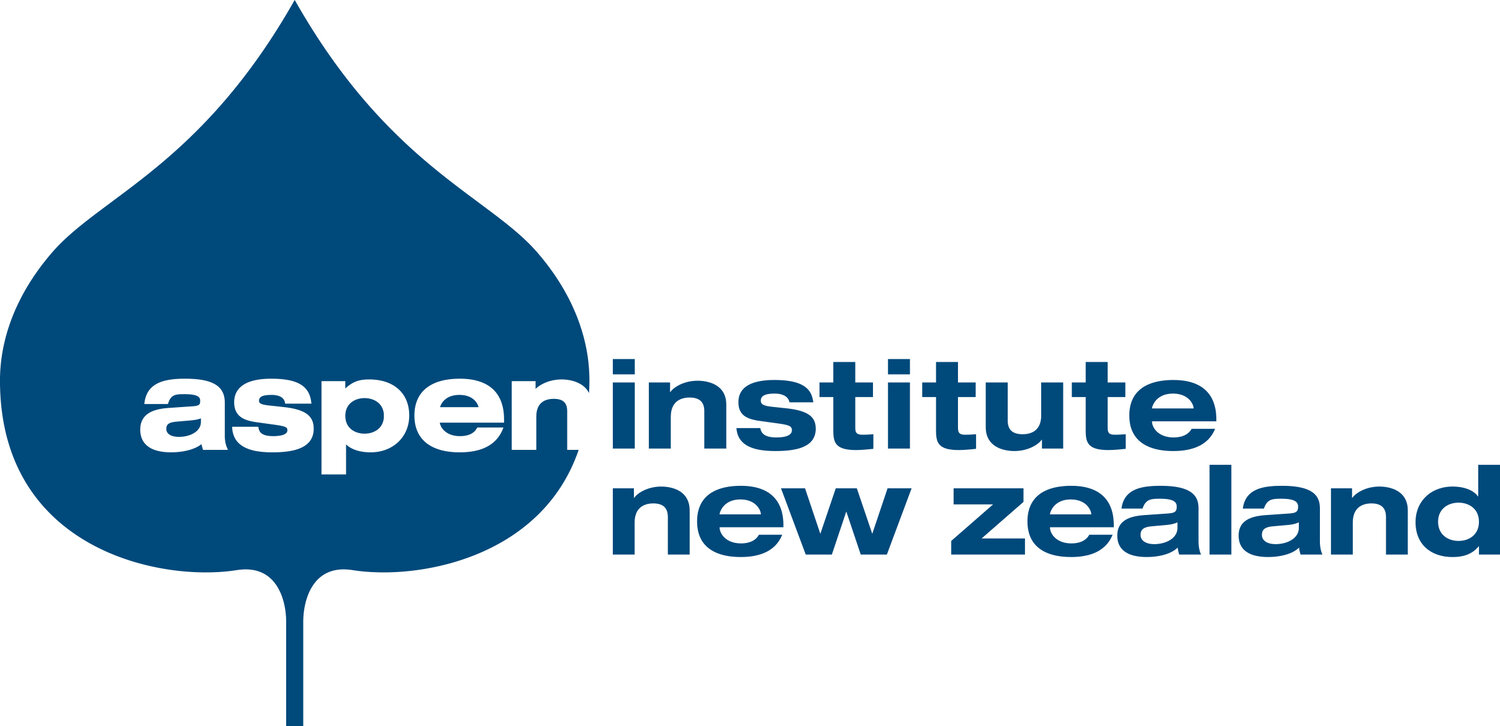AI: Opportunity, Hype, or Both?
This week, a forum moderated by Aspen Institute NZ CEO, Christine Maiden Sharp, facilitated a dynamic discussion on the future of artificial intelligence (AI) under the theme AI: Opportunity, Hype, or Both? The panel featured experts from the University of Otago, Professor Emeritus James Maclaurin, Centre of AI and Public Policy, and Associate Professor Grant Dick, Head of School of Computing, along with Governance Board Chair of Te Whai Ao Dodd-Walls Centre, Charlotte Walshe, who collectively explored the impact of AI across sectors and the opportunities it presents.
The forum was part of the University of Otago’s announcement of plans to establish a permanent presence in Queenstown, aimed at advancing tech and business education. Catalysed by the formation of Technology Queenstown, a new private sector development agency to grow the technology sector in Southland, this initiative is set to drive innovation, further embedding the region as a burgeoning tech hub, and reflects the University’s commitment to fostering global connections and partnerships.
Opening the discussion, Sharp posed thought-provoking questions, including whether AI today is more hype than substance, and how businesses can benefit from its capabilities. The panellists explored the transformative potential of AI in areas including business, policy, and education, and the implications for society.
Charlotte Walshe advised business owners to start leveraging AI in their daily operations, suggesting that early adoption will provide a competitive edge. Associate Professor Grant Dick called for a balanced regulatory approach, advocating for minimal restrictions to foster innovation while ensuring safeguards against misuse. Professor Maclaurin highlighted the exciting opportunities AI offers students to gain the broadest education, encouraging them to use AI openly, whilst utilising their critical thinking skills.
The panel exemplified the blend of opportunity and caution surrounding AI, offering valuable insights for businesses, policymakers, and students alike as they navigate the future of this fast-evolving technology.





